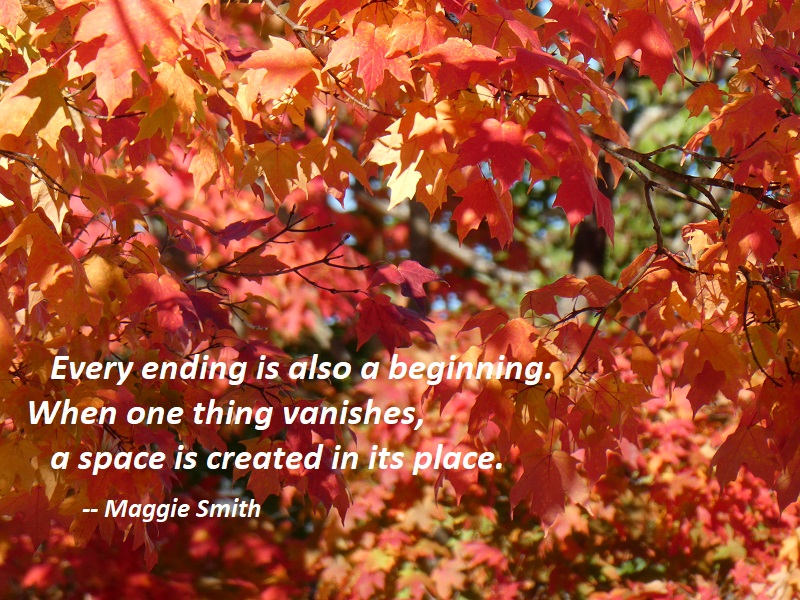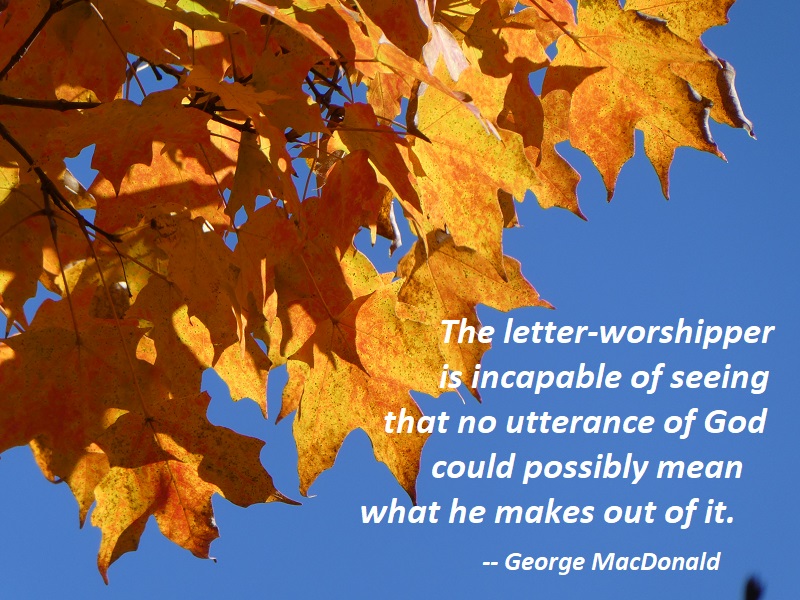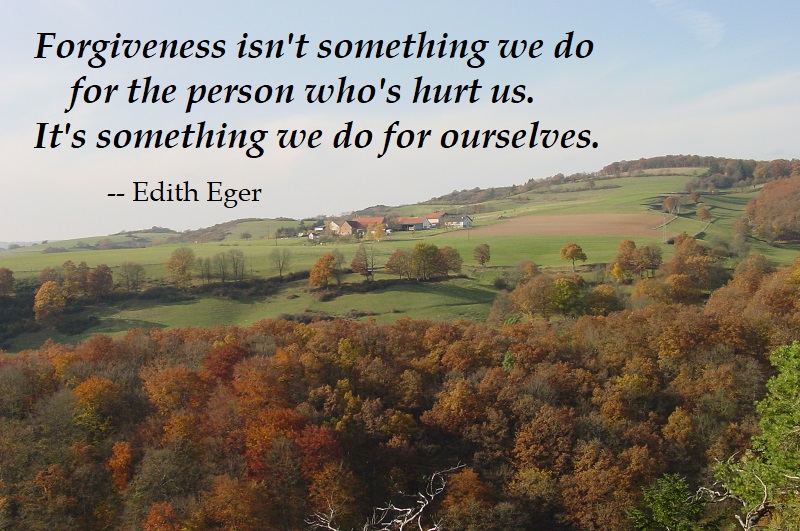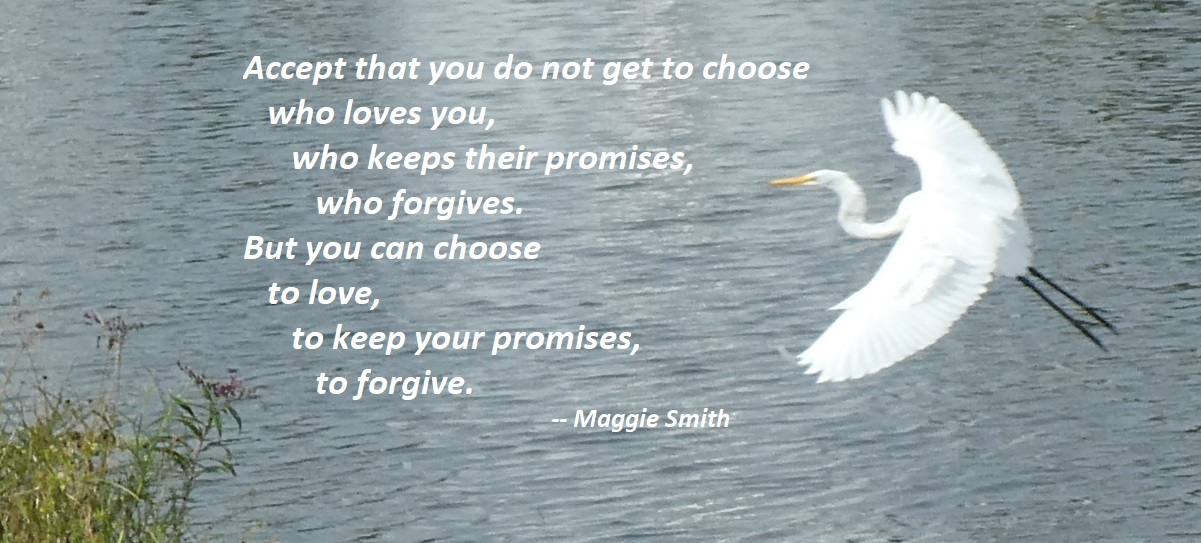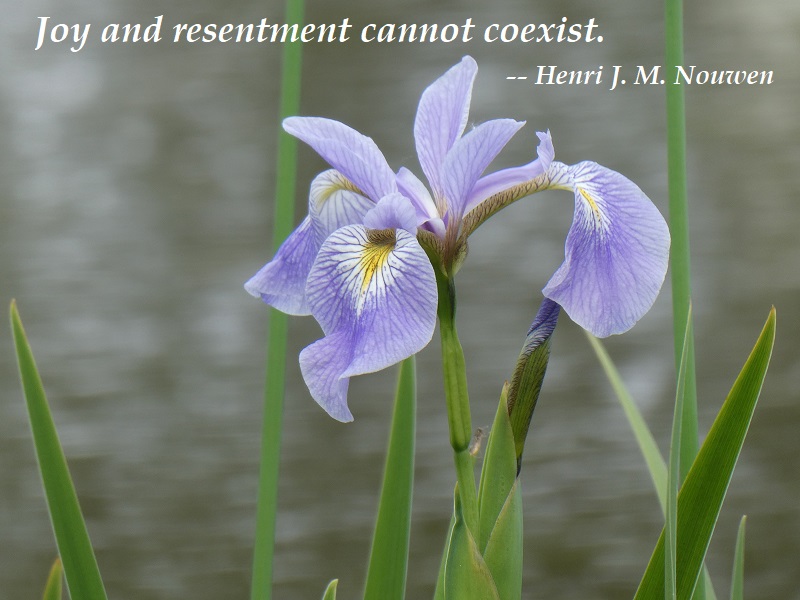Post-Traumatic Growth
Post-traumatic stress is a familiar idea. We have come to accept, if not expect, that trauma results in psychological and physical damage. But what about post-traumatic growth, “the positive change experienced as a result of the struggle with a major life crisis or a traumatic event”? Researchers have found that humans not only “bounce back” after traumatic events but actually push forward — taking professional risks, strengthening their relationships, and feeling a deeper sense of gratitude.
So often we think of loss as only destructive, but it is also generative — because every ending is also a beginning. When one thing vanishes, a space is created in its place. Of course, when we grieve, we are mourning a loss, but why not also ask what might grow in that barren place? Why not ask: What could I plant there?
— Maggie Smith, Keep Moving, p. 94
Photo: South Riding, Virginia, November 1, 2021
